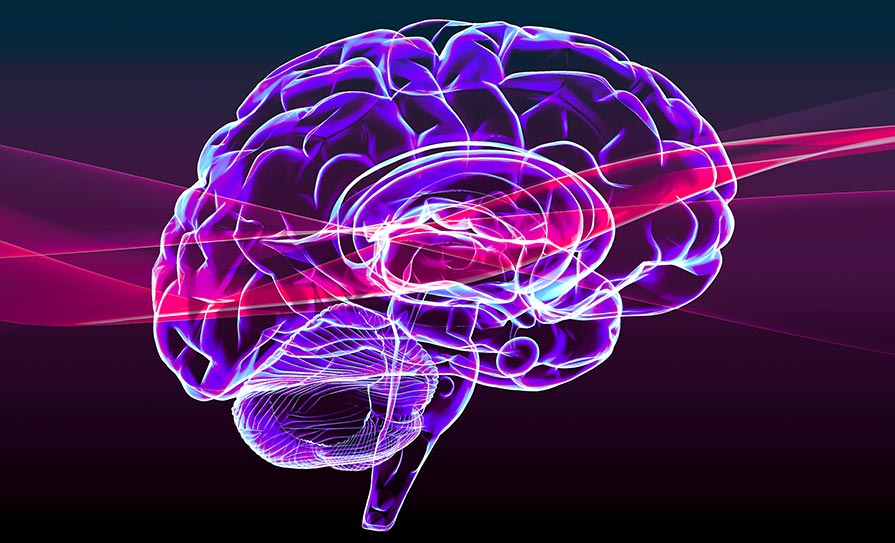The pace at which the brain ages can vary significantly among individuals, leading to a gap between the estimated biological age of the brain and the chronological age. This gap may be influenced by various factors, including physical (ie, pollution) and social (ie, socioeconomic or health inequalities) exposomes, especially in ageing and dementia. Until now, it was unclear how these combined factors could either accelerate or delay brain aging across diverse geographical populations.
Now, in a study published in Nature Medicine, researchers at the Global Brain Health Institute at Trinity College Dublin, led a wider team of international colleagues to develop innovative measures of brain ageing using advanced brain clocks based on deep learning of brain networks. This study involved a diverse dataset of 5,306 participants from 15 countries, including participants from the US, Latin America (LAC), Europe, and Asia.
Data from Ireland was integrated with other EU countries for the study. By analysing data from functional magnetic resonance imaging (fMRI) and electroencephalography (EEG), the researchers quantified brain age gaps in healthy individuals and those with neurodegenerative conditions such as mild cognitive impairment (MCI), Alzheimer’s disease, and frontotemporal lobe degeneration (FTLD).
The study revealed that populations from countries with greater inequalities generally exhibited older brain ages. This effect was shown in a large, geographically diverse sample, including participants from high-income and low- to middle-income countries. This accelerated ageing was particularly evident in brain regions most vulnerable to ageing, specifically those involving frontoposterior networks.
The study found that structural socioeconomic inequality, air pollution, and the burden of communicable and non-communicable diseases were significant predictors of increased brain age gaps, especially in more disadvantaged countries. Participants with a diagnosis of dementia, particularly Alzheimer’s disease, exhibited the most critical brain age gaps.
The research also highlighted sex differences in brain ageing, with women in LAC countries showing greater brain age gaps, particularly in those with Alzheimer’s disease. These differences were linked to biological sex and gender disparities in health and social conditions. These findings underscore the role of environmental and social exposomes in brain health disparities.
The results of this study have profound implications for neuroscience and brain health, particularly in understanding the interaction between macro factors (exposome) and the mechanisms that underlie brain ageing across diverse populations in healthy aging and dementia.
The study’s approach, which integrates multiple dimensions of diversity into brain health research, offers a new framework for personalised medicine, say the authors. This framework could be crucial for identifying individuals at risk of neurodegenerative diseases and developing targeted interventions to mitigate these risks.
Moreover, the study’s results highlight the importance of considering the biological embedding of environmental and social factors in public health policies. Policymakers can reduce brain age gaps and promote healthier aging across populations by addressing issues such as socioeconomic inequality and environmental pollution, the authors added.
Prof Agustin Ibanez, corresponding and leading author and Professor in Brain Health at the Global Brain Health Institute (GBHI) at Trinity, and School of Medicine, Trinity College, and Director of the Latin American Brain health Institute (BrainLat) said: “Your brain’s age isn’t just about years — it’s about where and how you live. The innovative use of computational neuroscience tools across a large, diverse sample has provided valuable insights into how different exposures can induce accelerated or delayed brain aging — an essential consideration for policy-makers.”







